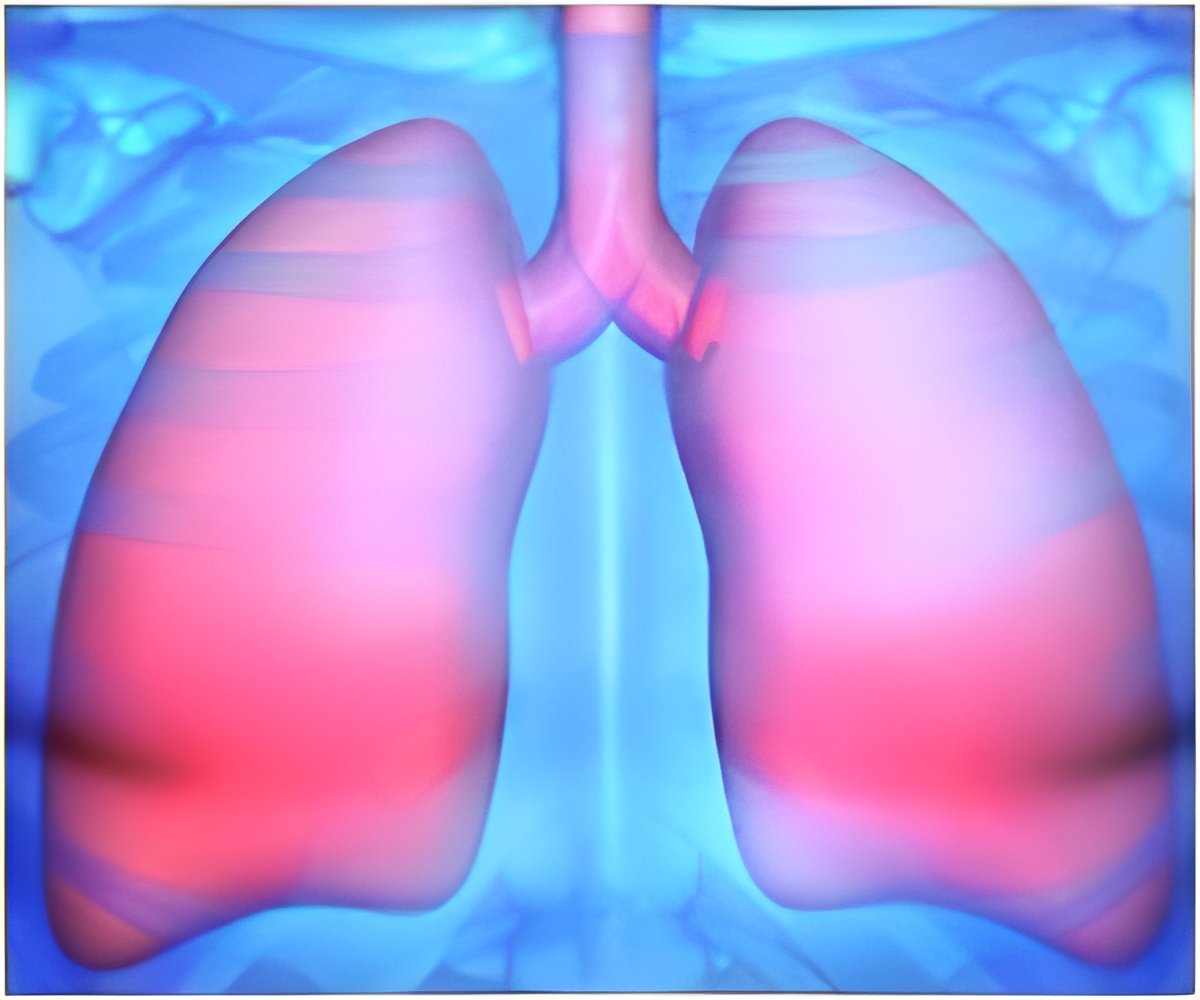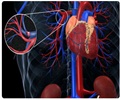A key component in the pathological process of pulmonary fibrosis has been identified by an international team of researchers led by Georgia State University scientists.

"In some patients, CLYD does not function as it should or its protein level is lower than in normal individuals," said Jian-Dong Li, director of the GSU Center for Inflammation, Immunity and Infection (CIII) and Georgia Research Alliance (GRA) Eminent Scholar in Inflammation and Immunity.
"If this does happen, the human tissue repairing response can go out of control, leading to the development of fibrosis," added Li, senior author of the study and professor of biology at GSU.
According to the American Lung Association, about 140,000 Americans have been diagnosed with the disease. Patients' breathing symptoms worsen over time, and many patients live only three to five years after diagnosis.
There are currently no effective medicines available to health care professionals to cure pulmonary fibrosis. Professionals can treat the symptoms to reduce inflammation using steroids and immunosuppressants, but there are serious side effects over time, including immune system suppression, which makes patients even more susceptible to infections.
"The disease often develops after infection or injury. In the case of infections brought on by Streptococcus pneumoniae, a form of pneumonia, the body's immune system responds and tries to repair the damage, but in the case of fibrosis, this repairing process is overactive and causes scarring of the lungs," said Jae Hyang Lim, a GRA Distinguished Investigator and assistant professor at the CIII and Department of Biology.
Advertisement
"These results tell us that we now have a key regulator to target," said Binghe Wang, Director of the GSU Center for Diagnostics and Therapeutics and GRA Eminent Scholar in Drug Discovery and a co-author of the study.
Advertisement
The results are published in "CLYD Negatively Regulates Transforming Growth Factor-ß Signaling via Deubiquitinating Akt," Nature Communications, DOI: 10.1038/ncomms1776. The journal is online at www.nature.com/ncomms/index.html.
Li said the support provided by the GRA is invaluable to the groundbreaking research performed by scientists on the project. Li was named as a GRA Eminent Scholar in 2010, and Lim came to Georgia State's CIII as a GRA Distinguished Investigator in 2011. Prior to Li and Lim, Wang was named as a GRA Eminent Scholar in 2003.
"These studies are collaborative, multi-disciplinary efforts," Li said. "The support from the GRA has allowed us to build state of the art facilities at Georgia State which have been essential to making this essential life-changing research possible."
Source-Eurekalert




![Pulmonary Arterial Hypertension [PAH] - Symptoms & Signs - Causes - Diagnosis - Treatment Pulmonary Arterial Hypertension [PAH] - Symptoms & Signs - Causes - Diagnosis - Treatment](https://images.medindia.net/patientinfo/120_100/pulmonary-arterial-hypertension-pah.jpg)








